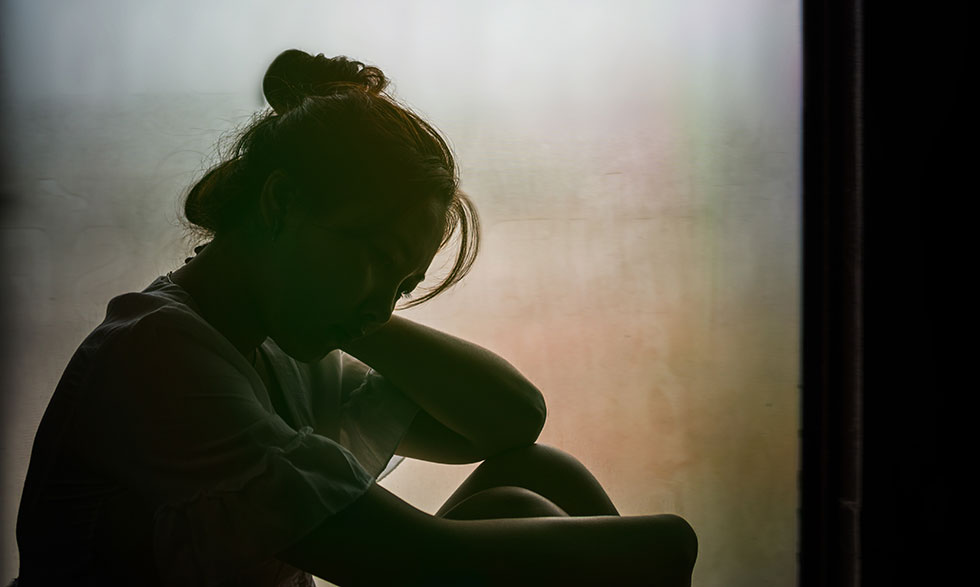
Last updated on August 7th, 2024 at 12:21 pm
Introduction
Anxiety affects millions of people in the U.S. More than 25 million to be exact.
But not all kinds of anxiety or anxiety disorders are the same.
The types of anxiety vary based on symptoms and triggers, but all interfere with daily activities. Here’s a closer look at five common anxiety disorders:
Generalized Anxiety Disorder (GAD)
People with GAD feel excessive anxiety or worry on most days for at least six straight months. They may feel restless, on edge, or easily tired. They may also experience concentration problems, irritability, muscle tension, or sleep issues.
Panic Disorder
People with panic disorder experience panic attacks. These are sudden feelings of terror when no real danger is present. Physical symptoms include a fast heartbeat, chest or stomach pain, and breathing difficulty. People may also feel weakness or dizziness, sweating, chills, or numb hands. It may even feel like having a heart attack. Panic disorder is more common in women than men.
Obsessive-Compulsive Disorder (OCD)
If you have OCD, you may experience frequent and upsetting obsessions or compulsions. You may feel an overwhelming urge to repeat certain behaviors. Common obsessions include a fear of dirt or germs, a fear of getting hurt, or wanting to arrange things in certain ways. People with OCD often fixate on these obsessions and can have thoughts and rituals that interfere with their daily life. For example, someone who is worried that their house may be vandalized might lock the door multiple times and be scared to leave their house. OCD tends to run in families.
Phobia Disorders
A phobia is an intense fear of or aversion to specific objects or situations. This fear is out of proportion to the actual danger caused by the situation or object. People with a phobia may experience irrational worry and take steps to avoid the object or situation. They may also experience immediate anxiety upon encountering the feared object or situation. Common phobias include flying, heights, animals, and injections.
Post-Traumatic Stress Disorder (PTSD)
PTSD occurs in people who have lived through or seen a traumatic event. These events may include war, a natural disaster, a serious accident, or physical or sexual abuse. PTSD may cause flashbacks to the event, trouble sleeping or nightmares, lonely feelings, or angry outbursts. People with PTSD may feel worried, guilty, or sad.
